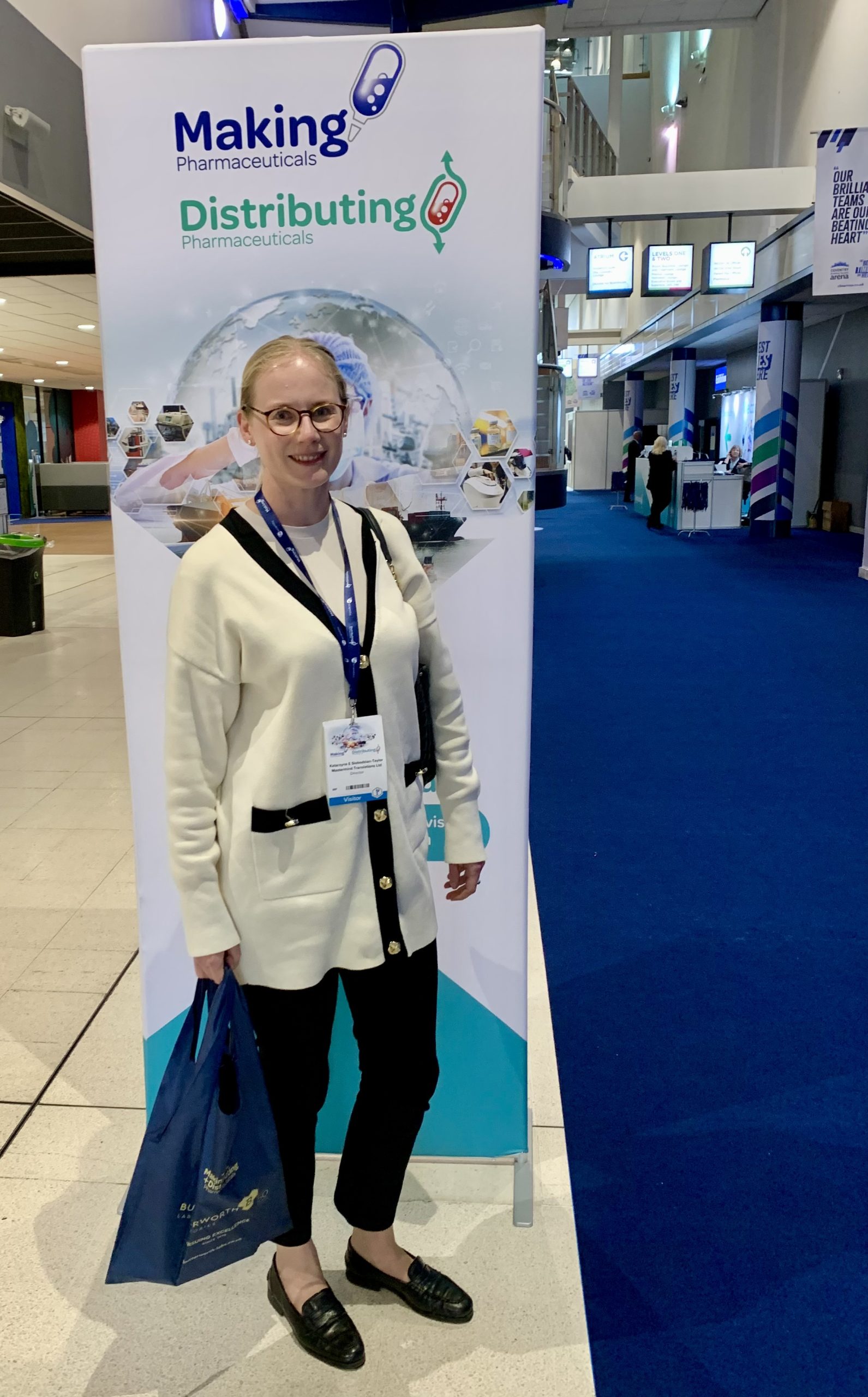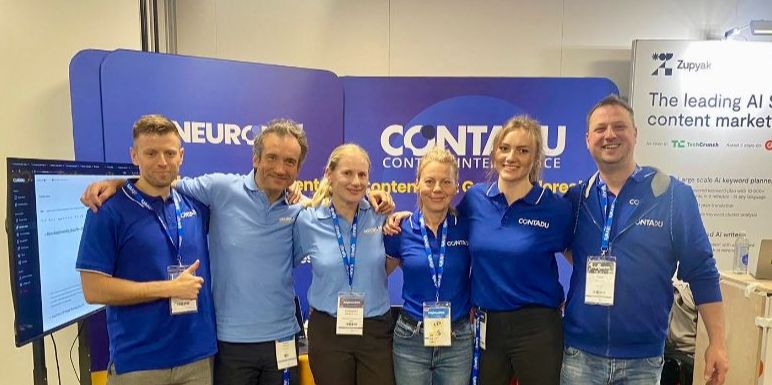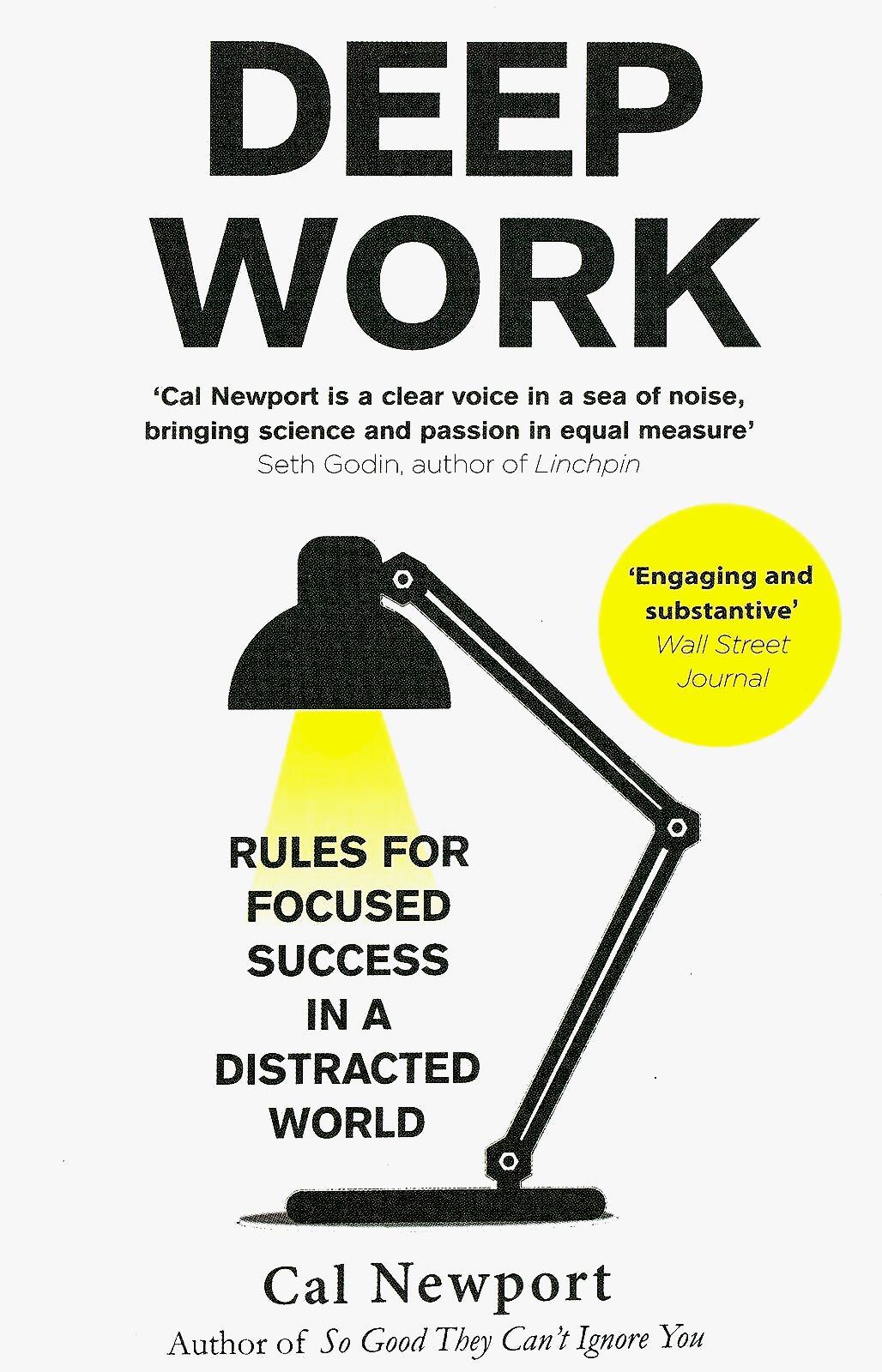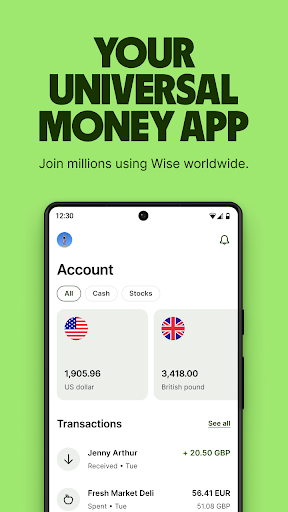From EMA Updates to AI Adventures 💡
A warm welcome to those joining us for the first time, and a big thank-you to our returning readers. If you’ve missed our last email, you can access all past issues in our archive.
With the conference season in full swing, it’s been wonderful to see so many of you on LinkedIn enjoying various events around the world. We too have been out and about, so read on to discover more about the events we’ve attended and the insights we’ve gathered.
What we’ve been up to:
Rekindling our first love
Keeping up with EMA’s excipient extravaganza
Catching a Silicon Valley vibe with a Polish tech company
Deep working
Just a gentle reminder: you’re receiving this email because you’ve registered to work with us or signed up through our website. If you no longer wish to receive these emails, please feel free to unsubscribe at the bottom — this won’t affect your work opportunities with us.

Pharmaceuticals were where it all began for us, and they continue to dominate our workload. In April, we had the pleasure of attending the UK’s premier event dedicated to the full lifecycle of pharmaceuticals, from manufacturing to distribution. My key observation from the event was the contrast between the medical device and pharmaceutical industries. The medtech sector is diverse and dynamic, driven by rapid innovation and shorter product development cycles. It encompasses a wide range of products, from everyday items like mouthwash to advanced healthcare equipment, necessitating quick adaptation to new technologies and market demands. In contrast, the pharmaceutical industry is mature and stable, characterised by well-defined procedures and lengthy development cycles that often span over a decade due to rigorous research, clinical trials, and regulatory approvals. This industry prioritises accuracy, accountability, and transparency.
These differences are also reflected in attitudes towards translation services. Pharmaceutical translation projects demand very high levels of precision, expert knowledge in niche areas, and experience with a narrow range of key documentation.
To that end, we’re always on the lookout for pharmaceutical translators with experience in SmPCs/PILs. We are particularly interested in hearing from linguists working from English into Croatian, Estonian, Finnish, Icelandic, Irish, Latvian, Lithuanian, Maltese, Slovak, and Slovene. Although we already have excellent translators for these languages, we want to ensure we have a robust team in case our preferred translators are unavailable. Interested linguists can register their details through our dedicated registration form.
In mid-April, EMA published an updated version of its Annex to the European Commission Guideline on ‘Excipients in the labelling and package leaflet of medicinal products for human use’. It contains a list of excipients with a known action or effect, which must appear on the labelling of medicines, and the information that should appear in the package leaflet. Revision 4 takes the form of an Excel spreadsheet with all 26 EEA languages in one searchable file. A polite reminder: this Annex applies only to the PIL, so please make sure to replace ‘medicine’ with ‘medicinal product’ in your SmPCs if you use the recommended wording.

Switching gears from life sciences, last month I was invited to join the Contadu team at brightonSEO, the world’s biggest search conference. Contadu is a Polish tech company behind a revolutionary content intelligence platform, leveraging curated machine learning and AI-driven insights, now used by nearly 200,000 users worldwide. At Mastermind Translations, we’ve been using their core product, NeuronWriter, for over a year, and I was there as a case study to share our feedback as a happy customer. This event was a treasure trove of insights into the latest SEO strategies, tools, and trends, offering a fresh perspective that complements our work in translation services. This knowledge will help us support our life science clients in reaching a global audience more effectively. One memorable event from the conference was when I spoke to a user from Estonia who complained about the poor quality of AI-generated content in his language. We must remember the pools of training data used in AI applications, such as ChatGPT, are much smaller for less widely spoken languages, which significantly affects performance in those languages.
On a personal level, I really enjoyed spending time with the Contadu team and hearing the ins and outs of running a successful AI tech company. This summer, I’ll be visiting their HQ in Poland, so make sure to check back for more insider information.

If I were to choose one book that’s had the biggest impact on my professional life, it’d be Deep Work by Cal Newport, which has completely revolutionised my approach to intellectual work and productivity.
Deep work involves focused, uninterrupted work sessions where you immerse yourself fully in a cognitively demanding task, such as translation. During these periods of intense concentration, you must eliminate any distractions, such as notifications from your computer or phone. Otherwise, you’ll waste your mental energy on task switching (or context switching), which is one of the biggest productivity killers. This approach prioritises quality over quantity, emphasising the production of high-value work, while optimising your time and energy. In practice, I often have an app-blocker on and wear industrial-grade ear plugs to remove any triggers that can potentially cause my brain to wander off.
🎯Mastermind Pro Tip
This is the part of the email where we want to give you a bit extra.
As a freelance translator, you’re likely to work with clients based outside of your country of residence and are often paid in different currencies. Most of our freelancers already use a borderless bank account with Wise to receive payments from us. For those who haven’t tried it yet, this account allows you to have ‘local’ bank details for your chosen currency. For example, with a single account, you can accept USD from your American clients using US bank details, and GBP from your UK clients using UK bank details. All the payments go into one pot which you can access any time to draw down money to pay yourself or make further multicurrency transactions.You can try it here and get your first transfer for free.
I’d like to finish this newsletter by thanking our exceptional team of translators who have supported us with our recent medical device translation projects. Your expertise and diligence are the cornerstone of our success. A special credit goes out to our Arabic translators for speedy turnaround times, and our Croatian, German, Greek, Spanish, and Swedish translators for their incredible life science knowledge. We’re so lucky to have you. Our Bulgarian, Czech, and Slovak reviewers also deserve praise for their can-do attitude. If you have any feedback for us, please feel free to respond to this email. We’d love to hear your thoughts. See you next month!
Best wishes,

Katarzyna E Slobodzian-Taylor
Director

GL52 2LY, United Kingdom. VAT Reg. No.: GB221 4079 44.
